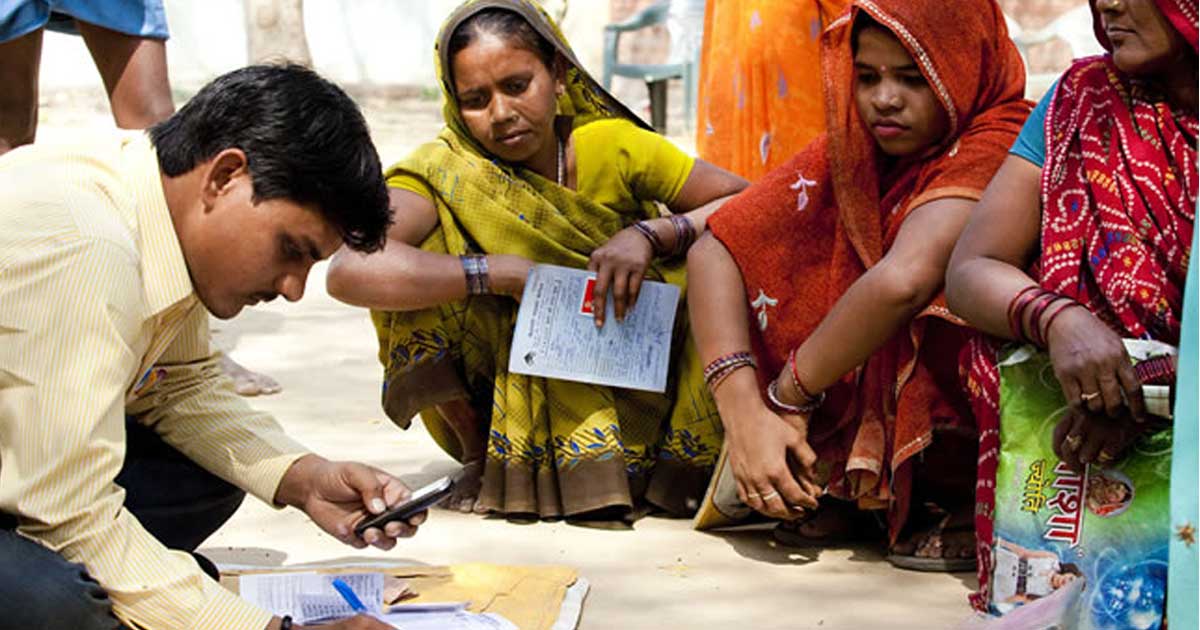As per the industry executives, it has come into being that Business Correspondents (BCs) are facing a challenging time under the goods and services tax (GST) regime.
As we know, Business Correspondents are the retail agents engaged by banks who provide banking services at locations other than a bank and under the new regime, tax liabilities & compliances have been exceeded for BCs to follow.
BCs plays a vital and a very important role in the financial inclusion in rural and semi-urban areas. The major challenges are regarding wafer-thin margins and high compliance cost. These factors are making the BCs feel the heat of the new tax regime.
If we take an example of the Jan Dhan account. The industry is facing problem in Figuring out, how to get implemented zero tax rate on transactions involving Jan Dhan accounts. The Originating Banks are not clear on the matter that how to come to the conclusion that whether the destination account is a Jan Dhan account as in most cases the two entities are separate.
“There is no clarity yet from the tax authorities. We are facing tough times in the business. It is a complicated business to be in, and now with the 18% tax rate our margins are getting further squeezed.,” informed a senior executive of an entity which works with banks to take financial services to remote areas.
The central government is supposed to be looking into the matter while the executives spoke on the current condition of anonymity.
A senior executive with a private sector bank argued that considering the current scenario, the BC business does not look not that lucrative anymore, though the BCs played a crucial role in reaching out to rural customers
“The off-us business is getting killed systematically. There is no money to be made in this area,” he said.
Read Also: 32nd GST Council Meeting Update (10 Jan) on GST Threshold Limit & Housing
The off-us business deals with the new age banks which usually set up retailer points for offering basic banking services such as remittance and opening of accounts of customers who are typically migrant workers or the urban poor section.
These customers are those who send money to their families back home via such channels. On the other side, the banks who receive this amount in most cases are the government-owned ones. BCs get associated with the new age private banks. For such Government owned Banks, this was an attractive touchpoint for prospective customers.
“Now, extreme competition is driving prices downwards. Further, with higher taxes under GST, margins are getting squeezed,” said the banker cited earlier.
Recommended: List of Major Banking Services That Attract GST in India
The executives said that the last-mile retailers have always been a pain point from the compliance point of view. The retailers are thus managing their profits by overcharging unsuspecting customers depending on the areas and presence of bank branches.
“This markup happens mostly in cash and customers are forced to pay that amount since branches are not close by and sending money home is a compulsion. “Now, with higher taxes, since the last-mile commission could get squeezed, they could be encouraged to charge more and fleece customers.” said another senior executive.
As per the Executives, there is another possibility that a chunk of transactions which were happening through banking channels could move to cash through hawala channels.
Now, as the GST Council has clarified all the rates, the Business Correspondence Federation of India is about to decide its next move.
“The entire argument of the industry was that since BCs help drive financial inclusion they could be taxed at a lower rate of 5%, thereby encouraging the industry and bring more people within the formal banking channels,” said one of the executives cited earlier.










